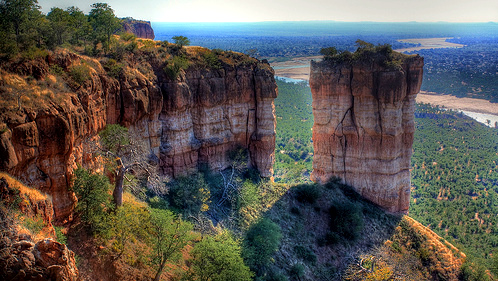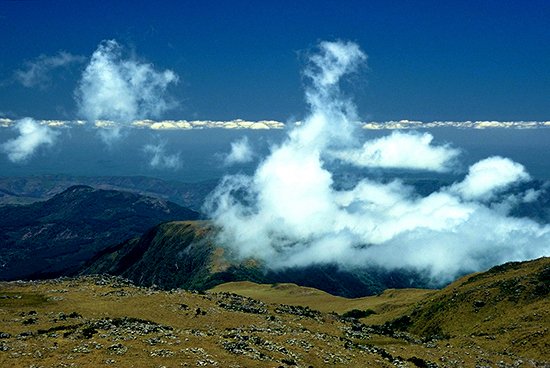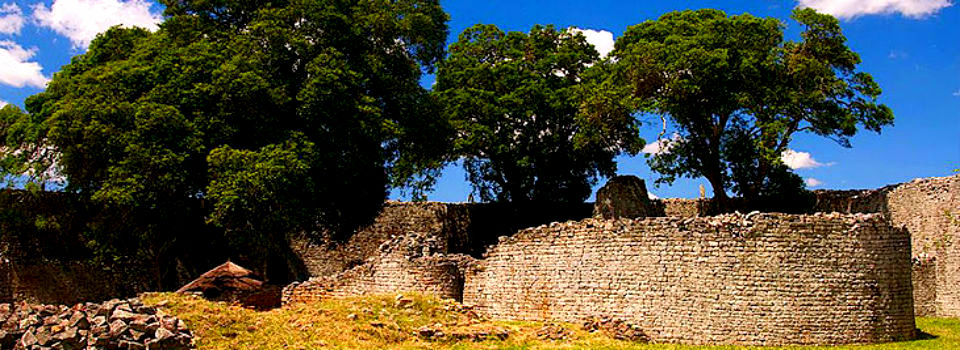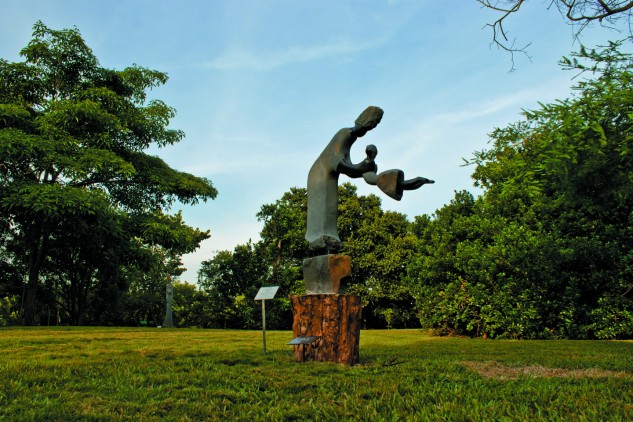The world of tourism and travel evolves around attractions without which the industry would not exist. Knowing differences in the types of attractions is key if one is to succeed in a congested industry which thrives on specific targeting and effective promotion.
Attractions are the reason why people globe-trot to foreign lands to see something unique and different to what they are accustomed to. An attraction is an object or symbol of interest that people visit for its inherent uniqueness, beauty, value and significance.
Although the classification of attractions differs, there are four main dominant categories. These are Natural, Heritage (Cultural), Purposeful-Built (Man-Made) and Events. Knowing and understanding the different types is fundamental for successful targeting and effective promotion in a highly competitive, very congested industry of travel and tourism.
Natural Attractions
Natural attractions are products of nature. Among these are waterfalls, mountains, caves, rivers, islands, wetlands, forests and shores. Attractions in this category are given protection status by governments and international bodies like UNESCO tasked with the responsibility of protecting their environment. Victoria Falls and Mana Pools are among others in this category. Natural attractions are open to the public and have facilities available for use by visitors.
Heritage Attractions
Attractions within this category have certain distinguishing components about them: they have been around a long time, are ancient, historic and often cultural in nature. Like their former counterpart, these too, are given protection status under UNESCO Heritage sites. These attractions tend to represent culture and heritage with historical significance to the area of location. Among these are ruins and monuments, shrines, forts, castles, battlefields and railways. The Great Zimbabwe Ruins, Old Bulawayo and Britain’s Stonehenge are examples.
Purposeful Built (Man-Made) Attractions
Attractions of this nature although available in Zimbabwe are very few in Africa. The bulk of these are found in western countries where the terminology evolved. Purposeful attractions are places that are man-made and deliberately built to attract visitors. Among these are dams, National Parks, museums, markets, theme parks like Disney World, galleries, burial grounds including Game Reserves and Recreational Parks. Chapungu Sculpture Park, Rhodes Nyanga Museum, Hillside Dams and Heroes Acre, Zimbabwe’s own version of Arlington Cemetery, are examples including France’s Eiffel Tower, Britain’s’ Tower of London and Buckingham Palace.
Events
Events and festivals are huge attractions that draw many visitors. These vary in nature and can be anything from food fairs, cultural, sports, musical, seminars or educational. The local calendar of events is the perfect place to visit for information on local activities. Events are fundamental in the tourism industry as they help fill the void in areas that lack natural or other bigger attractions. In such cases, community events become important as they are the only big thing that drives local tourism bringing with it jobs and the much needed attention from the outside world. Zimbabwe has many events that are popular locally and internationally. Check the local events calendar for details.
Unleash the wanderlust in you. Explore, experience, discover Zimbabwe’s many attractions.



